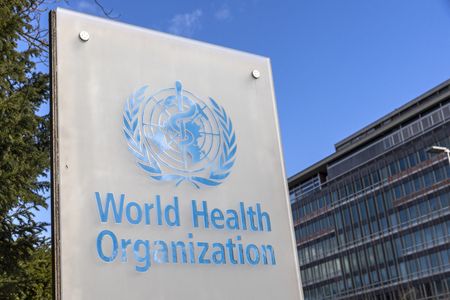 1
1 1
1
(Reuters) – Progress in reducing deaths during pregnancy and childbirth and among newborn infants has stalled since 2015, and over 60 countries are on track to miss 2030 targets at current rates, a World Health Organization report released on Tuesday found.
The COVID-19 pandemic, poverty, and worsening humanitarian crises have strained already pressured healthcare systems, the U.N. agency said in a statement.
Annually since 2015 there have been about 290,000 maternal deaths, 1.9 million stillbirths, and 2.3 million newborn deaths within a month after birth, the report said.
The combined total represents one death every seven seconds, “mostly from preventable or treatable causes if proper care was available,” the WHO said.
Countries need to ramp up investment in primary care to see different results, said Anshu Banerjee, the WHO’s director of maternal, newborn, child and adolescent health and ageing.
More than 190 countries backed a plan in 2014 to cut rates of stillbirth and preventable deaths among infants, and subsequently set up global targets such as reducing the maternal mortality ratio to less than 70 per 100,000 live births.
Projections indicate the need to accelerate progress in order to meet those targets, according to the report, which could help save at least 7.8 million lives by 2030 if they are met.
Progress was faster between 2000 and 2010 than at any time since, the report showed, blaming funding shortfalls among the primary reasons. Only 12% of 106 reporting countries have fully-financed maternal and newborn health plans, it said.
The report also found that only 61% of reporting countries have systems for keeping track of stillbirths.
The report found that 10 countries with the highest maternal deaths, stillbirths and neonatal deaths account for 60% of all such deaths globally.
India, Nigeria and Pakistan led that list in 2020, according to the report.
(Reporting by Aditya Samal in Bengaluru; Editing by Nancy Lapid and Bill Berkrot)